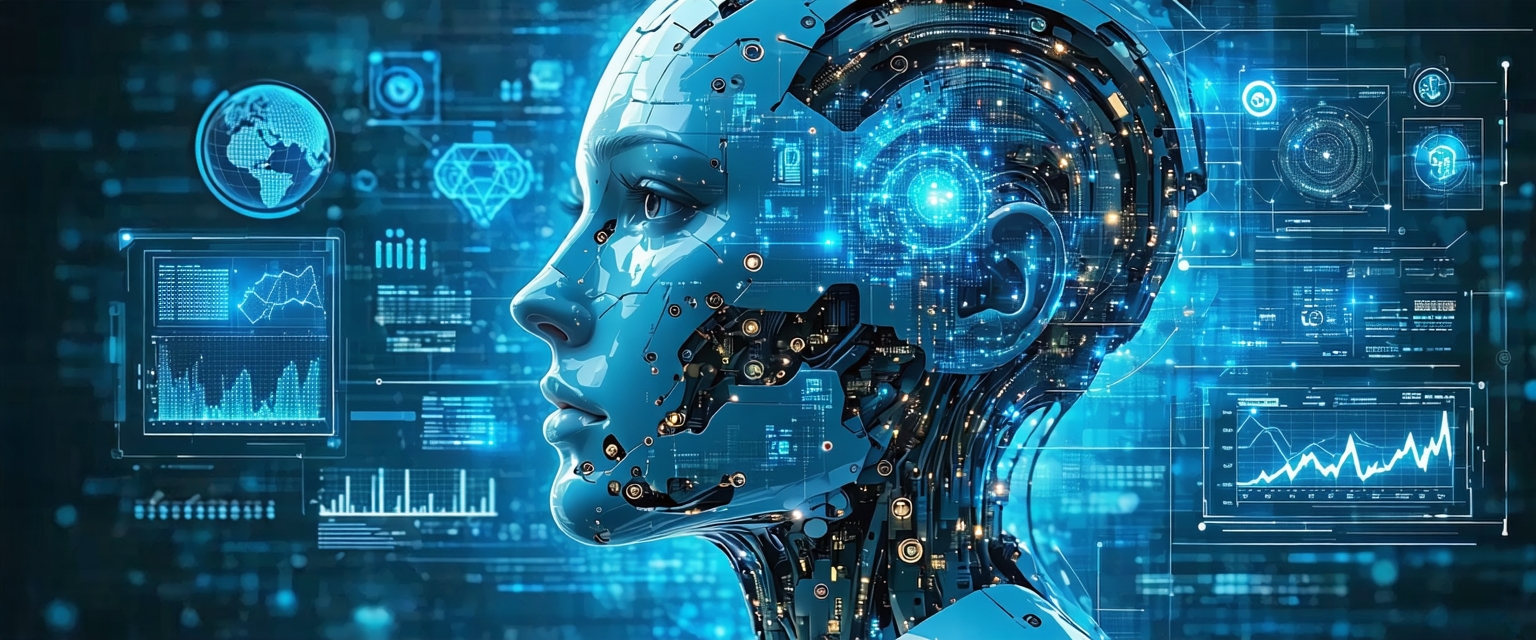






Artificial intelligence continues to evolve at an unprecedented rate. Recent advancements in large language models (LLMs) and multi-modal AI are pushing the boundaries of what machines can achieve, impacting various sectors from healthcare to finance.
For years, AI has struggled with complex reasoning tasks that humans find relatively simple. Traditional AI systems excelled at specific tasks, but lacked the adaptability and common sense reasoning needed for broader applications. This limitation stemmed from their reliance on narrow datasets and pre-programmed rules.
However, the advent of LLMs, trained on massive datasets of text and code, has dramatically shifted the landscape. These models can now generate human-quality text, translate languages, write different kinds of creative content, and answer your questions in an informative way.
Recent research has demonstrated significant progress in AI’s reasoning capabilities. New models are being developed that can not only process information but also explain their reasoning process, a critical step towards building trustworthy and transparent AI systems. This includes advancements in few-shot learning, where models can generalize from limited examples, and improved performance on complex tasks requiring logical deduction.
Furthermore, the integration of LLMs with other AI modalities, such as computer vision, is producing multi-modal AI systems capable of understanding and interacting with the world in a more holistic way. These systems can process and interpret information from multiple sources simultaneously, leading to more nuanced and comprehensive understanding.
These advancements have far-reaching implications across various industries. In healthcare, AI can assist in diagnosis, drug discovery, and personalized medicine. In finance, AI can improve risk assessment and fraud detection. The potential for increased efficiency and innovation is immense, but ethical considerations regarding bias and transparency remain crucial.